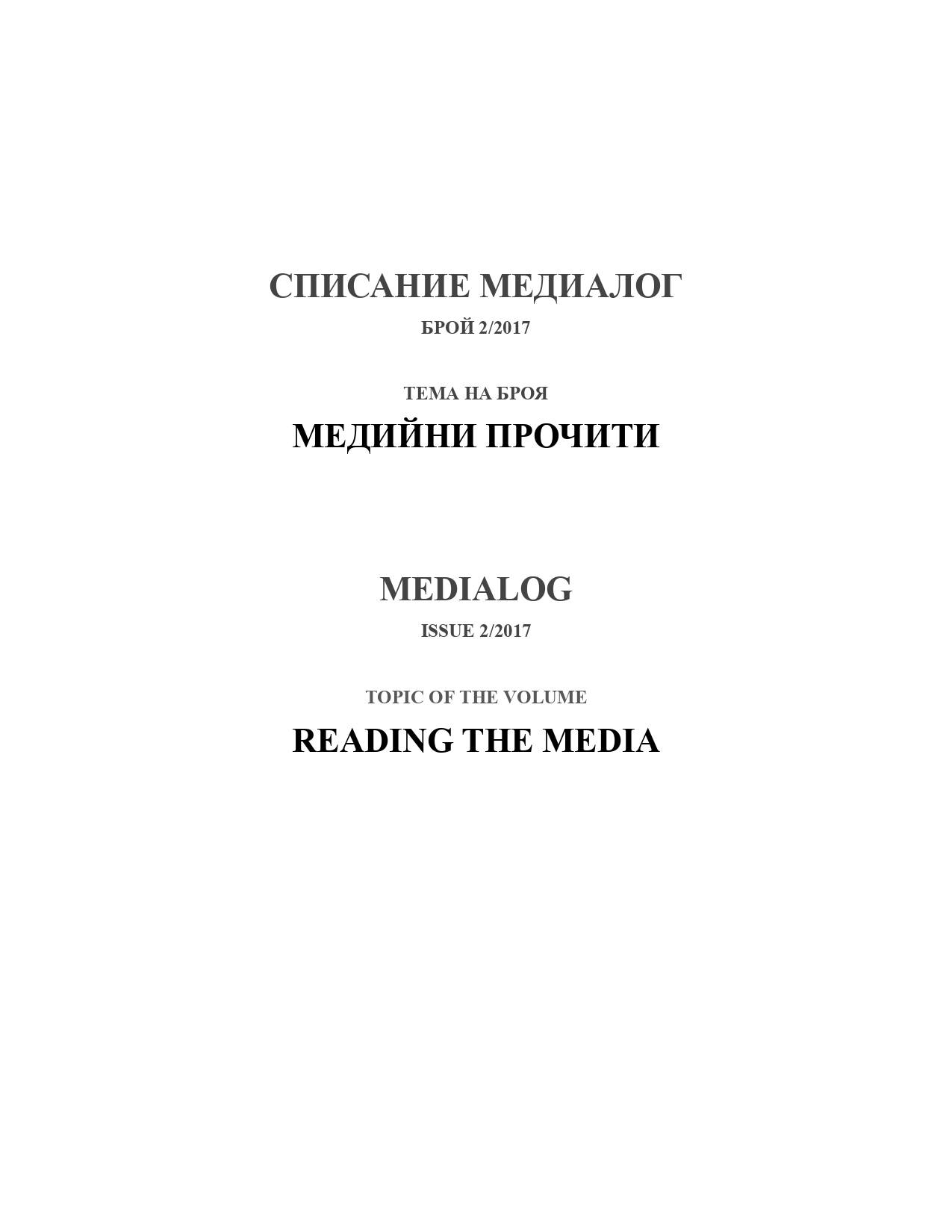Aктивизъм и кликтивизъм в подкрепата на онлайн каузи
Activism and clicktivism in online social causes support
Author(s): Delyana NeshevaSubject(s): Politics / Political Sciences, Social Sciences, Economy, Civil Society, Communication studies, Sociology, Marketing / Advertising
Published by: Факултет по журналистика и масова комуникация, Софийски университет „Св. Кл. Охридски”
Keywords: social causes; volunteers; clicktivism; online activism; media
Summary/Abstract: Facebook is a preferred communication channel for causes, mostly because the potential donors and volunteers are one click away. Social networking sites provide great opportunities for the activism scope. A cause can transmit a message at minimum or no cost to a huge amount of users. Facebook is an effective platform for quick and easy engagement.However, social media are often criticised for being unable to mediate social change. The key issue with the online causes is the problematic relationship between clicks and behaviour – and if there is such at all. The term clicktivism is used to signify the incentives related to online activism that requires minimum efforts and time. The main concern is that online activism acts as a substitute for offline behaviour – and that could cause harm, rather than helping a cause. The Facebook page of UNICEF Bulgaria is in the focus of the study. The page has about 123, 000 likes, which makes it the biggest page of a charity in the country. Both quantitative (online survey) and qualitative (interview) methods are used to investigate the following questions: What are the attitudes and behaviour of UNICEF Bulgaria’s fans? What are benefits and issues related to UNICEF’s presence on Facebook?
Journal: Медиалог
- Issue Year: 2017
- Issue No: 2
- Page Range: 50-79
- Page Count: 30
- Language: Bulgarian

